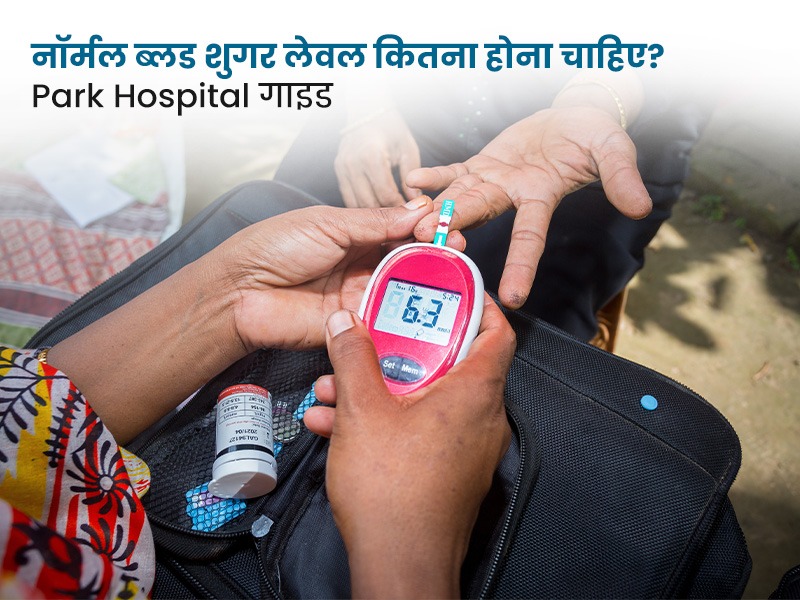As a physician, I often encounter patients who are managing diabetes but are unaware of its impact on kidney health. High blood sugar over time can strain the kidneys, leading to diabetic kidney disease if not carefully monitored. Understanding how diabetes affects your kidneys and taking preventive steps is crucial for long-term wellness.
How Diabetes Affects the Kidneys
The kidneys are vital organs that filter waste and excess fluids from the blood. In diabetes, persistently high glucose levels can damage these delicate filtering units. Over time, this may lead to diabetic kidney disease, which can progress silently without noticeable symptoms until significant damage has occurred.
Maintaining a normal blood sugar level through proper medication, diet, and regular monitoring is essential. Insulin therapy or oral medications may be required, depending on the patient’s condition. I often stress to my patients that controlling blood sugar isn’t just about managing diabetes—it’s about protecting organs like the kidneys.
Nutrition for Kidney Health in Diabetic Patients
Diet plays a crucial role in maintaining kidney health. Including the right foods for kidney health can reduce stress on these organs and prevent complications. Some key tips I recommend:
Prioritize fresh fruits and vegetables with low potassium if advised by your doctor.
Limit processed foods high in sodium and preservatives.
Monitor protein intake—moderate amounts help the body without overloading the kidneys.
Stay hydrated but avoid excessive fluids if kidney function is impaired.
For diabetic patients, following a diabetic diet chart can help manage both blood sugar and kidney strain simultaneously. A personalized diet plan ensures the patient receives essential nutrients without compromising kidney function.
Lifestyle Habits to Support Kidney Health
Besides diet, lifestyle choices can protect your kidneys:
Regular physical activity to improve insulin sensitivity.
Avoiding smoking and excessive alcohol consumption.
Routine kidney function tests to catch early signs of damage.
Even small steps, like adhering to medication schedules, checking blood sugar regularly, and maintaining a balanced diet, can significantly impact long-term kidney health.
When to Seek Expert Care
If you experience swelling in the legs, fatigue, or unusual urination patterns, it’s crucial to consult an expert. Visiting the best diabetologist in Gurgaon or a specialist in kidney health can help identify early kidney problems and implement preventive measures.
In cases where kidney function deteriorates significantly, advanced interventions such as transplantation may be needed. Choosing the best kidney transplant hospital in Delhi ensures access to comprehensive care and post-transplant support.
Takeaway
Diabetes and kidney health are closely linked, but proactive care can prevent complications. By managing blood sugar levels, following a diabetic diet chart, incorporating foods for kidney health, and seeking timely medical advice, patients can significantly reduce the risk of diabetic kidney disease. Remember, protecting your kidneys today safeguards your health tomorrow.













